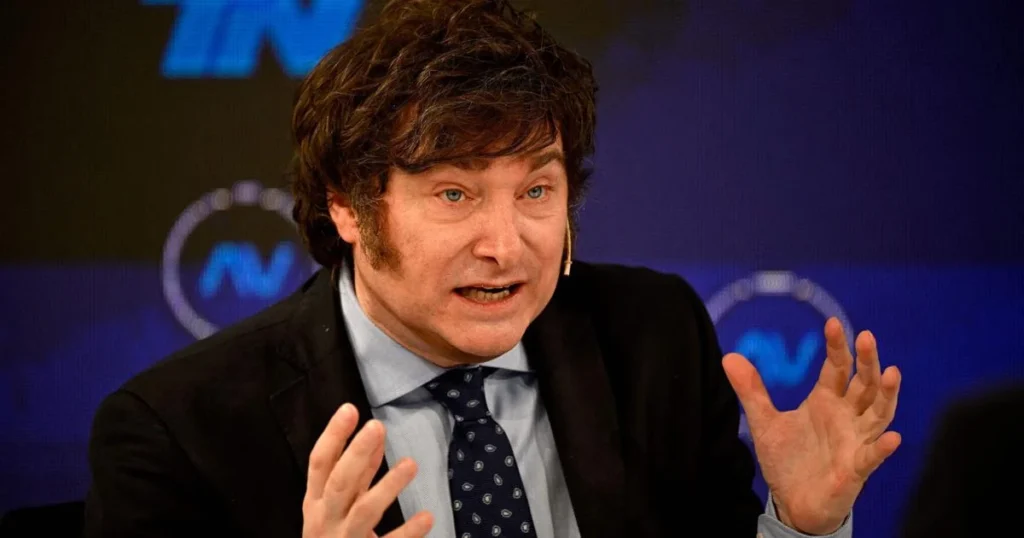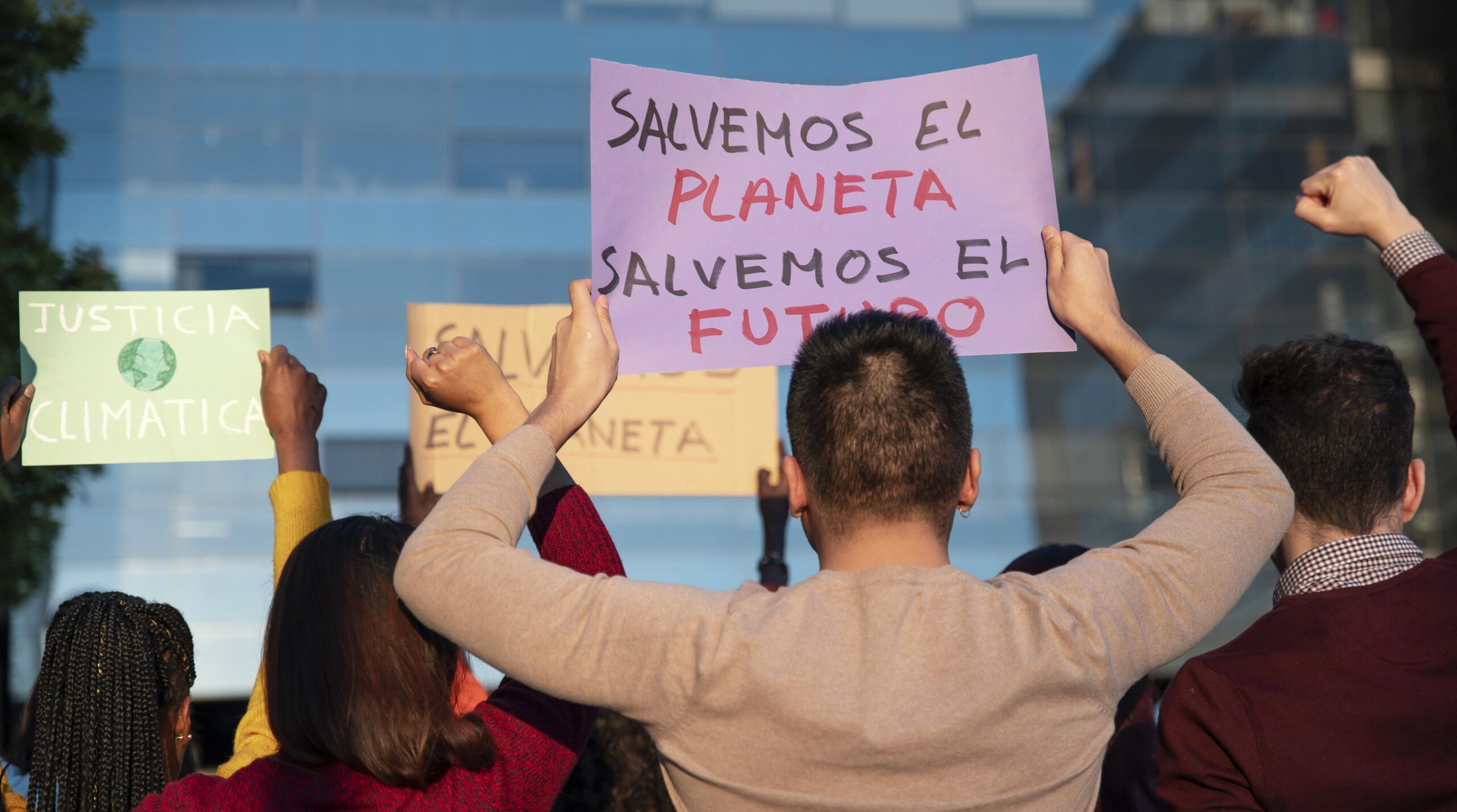
Argentinian Economist Milei to Hold Discussions with IMF Representatives Following Market Turbulence
Amidst significant market turmoil in Argentina, economist Javier Gerardo Milei is set to engage in discussions with representatives from the International Monetary Fund (IMF). This development comes at a critical juncture for Argentina’s economy, as the nation grapples with economic challenges, political uncertainties, and the need for financial stabilization. This comprehensive analysis delves into the context of Argentina’s economic situation, the role of Milei in the discussions, and the potential implications for the country’s financial future.
Market Turmoil and Economic Challenges
Argentina has been facing a series of economic challenges that have led to market turmoil and heightened uncertainties. The nation’s economy has been grappling with issues such as high inflation, currency depreciation, and public debt levels. These factors have contributed to economic instability and eroded public confidence in the financial system.
The recent market turmoil, characterized by currency fluctuations and investor apprehension, underscores the urgency of addressing Argentina’s economic vulnerabilities. The nation’s leadership is seeking solutions to restore stability and chart a course for sustainable growth.
Milei’s Influence and Role
Javier Gerardo Milei, an economist known for his vocal opinions and unorthodox economic views, has emerged as a prominent figure in Argentina’s economic landscape. His calls for limited government intervention, free-market principles, and fiscal responsibility have resonated with certain segments of the population. Milei’s candid approach to economic discourse has both garnered him a dedicated following and sparked debates within the academic and policymaking communities.
Milei’s engagement with IMF representatives reflects his influence as a public intellectual and his willingness to contribute to discussions that shape Argentina‘s economic trajectory. His ideas, though controversial to some, have spurred conversations about economic reform and the nation’s future path.
The IMF’s Role and Prior Engagements
The International Monetary Fund, as a global financial institution, plays a crucial role in providing financial assistance and policy advice to member countries facing economic challenges. Argentina has previously engaged with the IMF in attempts to address its economic woes. These engagements have often involved negotiations for financial assistance packages that come with conditions aimed at promoting economic stability and reforms.
Argentina’s history with the IMF brings a backdrop of complex interactions between economic policy, social welfare, and political dynamics. As the nation once again engages with the IMF, it faces the challenge of balancing the need for financial support with the importance of preserving social programs and safeguarding the welfare of its citizens.
Context of the Discussions: Stabilization and Reform
The discussions between Milei and IMF representatives are expected to revolve around strategies for economic stabilization and reform. Milei’s economic philosophy emphasizes limited government intervention and market-driven solutions. While his views may differ from some traditional IMF recommendations, his participation in the discussions offers an opportunity for diverse perspectives to be considered.
The challenge lies in finding common ground between different economic ideologies and developing a comprehensive plan that addresses Argentina’s immediate financial concerns while also promoting long-term sustainable growth. The discussions may touch upon issues such as fiscal policy, currency stability, inflation control, and structural reforms.
Implications for Argentina’s Financial Future
The outcome of the discussions between Milei and IMF representatives will carry significant implications for Argentina’s financial future. The nation faces a delicate balancing act, as it navigates economic challenges, political pressures, and the imperative of restoring market confidence. The discussions will influence the decisions made by policymakers, impact investor sentiment, and shape the trajectory of Argentina’s recovery efforts.
The nature of the economic reforms and policy measures agreed upon will determine whether Argentina can achieve economic stability, regain investor trust, and establish a foundation for sustainable growth. The nation’s leadership must weigh the trade-offs between short-term adjustments and long-term structural changes, all while considering the impact on various sectors of society.
A Crossroads for Argentina
Argentina stands at a crossroads, facing critical decisions that will shape its economic destiny. The discussions between Milei and IMF representatives symbolize the convergence of diverse economic perspectives in a nation seeking solutions to multifaceted challenges. The path forward requires the nation to consider a blend of economic ideologies, pragmatic policy measures, and a commitment to transparency and accountability.
As the discussions unfold, Argentina’s policymakers, economists, and citizens will closely follow the developments that emerge. The nation’s ability to navigate its economic challenges and position itself for sustainable growth will be a testament to its resilience, adaptability, and capacity for inclusive economic reform.
The meeting between economist Milei and IMF representatives presents an opportunity for Argentina to engage in a dialogue that transcends ideological boundaries. It reflects the nation’s commitment to finding solutions that foster economic stability, address pressing challenges, and promote inclusive growth.
The discussions are a reminder that economic recovery requires collaboration, open discourse, and a willingness to consider diverse perspectives. As Argentina works to chart a path toward financial resilience, it does so with the hope of securing a brighter economic future for its citizens and solidifying its place within the global economic landscape.





